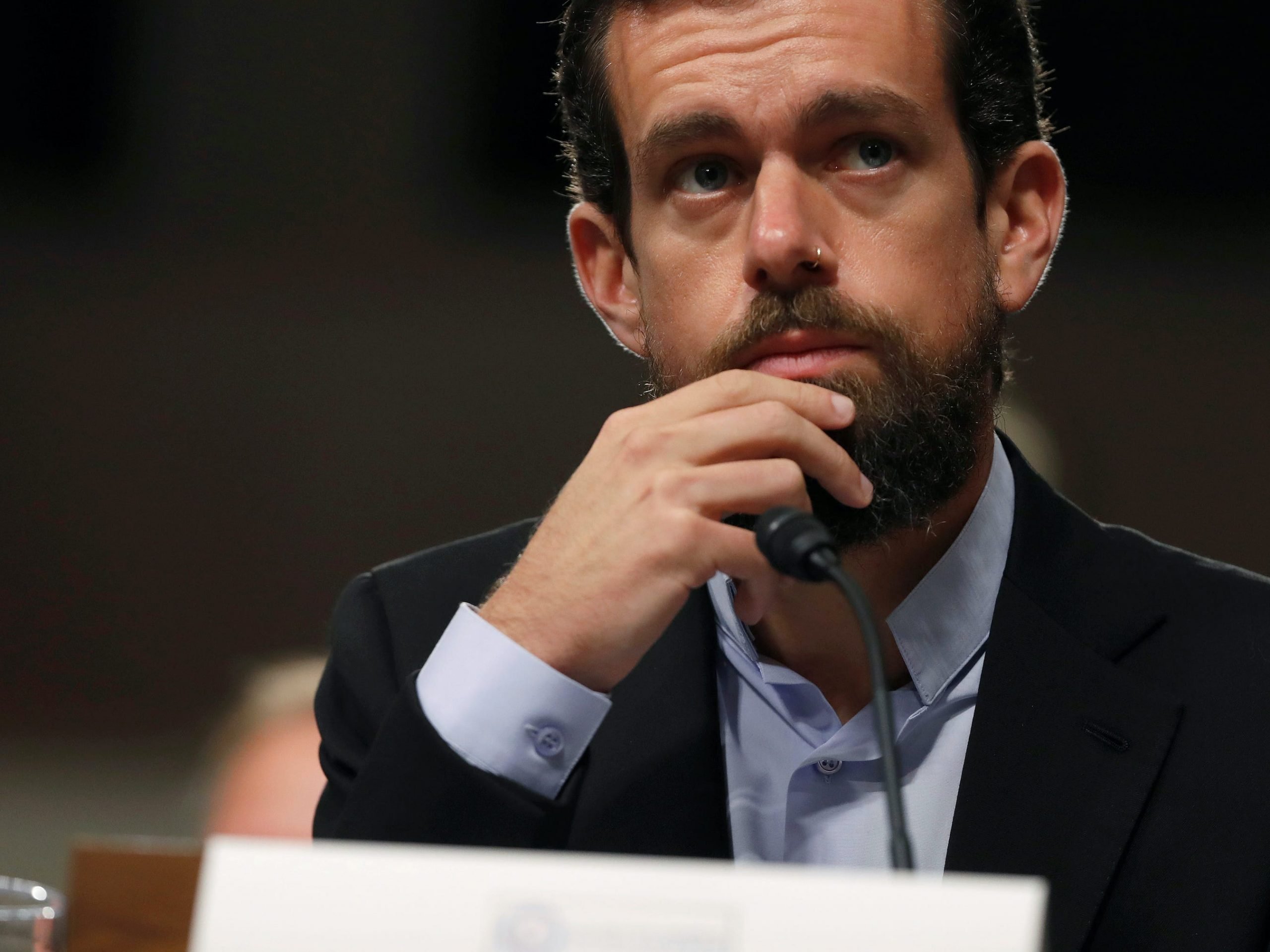
Nathan Congleton/NBC/NBCU Photo Bank via Getty Images
- Chrissy Teigen rejoined Twitter on Friday after a three-week hiatus.
- She's among several celebrities and moguls who have publicly quit and returned to the platform.
- Research shows that these apps become addicting because they create feelings of "social well-being."
- See more stories on Insider's business page.
Chrissy Teigen has logged back on.
The model, TV personality, and cookbook author tweeted on Friday that she's back on Twitter following a three-week hiatus.
"turns out it feels TERRIBLE to silence yourself and also no longer enjoy belly chuckles randomly throughout the day and also lose like 2000 friends at once lol," Teigen tweeted, adding that she's choosing "to take the bad with the good."
-chrissy teigen (@chrissyteigen) April 16, 2021
Teigen publicly quit Twitter in March, announcing in a series of tweets that after over 10 years on the platform, "it no longer serves me as positively as it serves me negatively." She said that the pain when she upset people with her tweets was too much for her.
Teigen had long been known as an outspoken Twitter personality, famously warring with President Donald Trump and opening up about her life and husband, the singer John Legend.
But her departure from the platform in March followed a string of social media harassment. After Teigen opened up about the loss of her pregnancy last fall, she was met with abuse and harassment from QAnon theorists. Followers of the baseless conspiracy theory have claimed, without evidence, that Teigen was involved with the sex trafficking of children and had links to Ghislaine Maxwell and Jeffrey Epstein.
Teigen said last July that if Twitter didn't do something about this "*actually scary* harassment," she would have to leave the platform.
Read more: We created a searchable database of the people behind QAnon, including its supporters and enablers
Celebrities keep quitting - and returning - to social media
The timing of Teigen's return to Twitter may have something to do with Twitter's rules: If a user deactivates their account, they have 30 days to reactivate it before it's permanently deleted.
But it also appears to be a signal of how difficult it is for moguls and celebrities to quit the platform for good. Despite the harassment Teigen faced and the toll it took on her mental health, she said in her Tweet on Friday that leaving the platform was akin to silencing herself, and that she missed the humor and friendship she'd cultivated on the platform.
Users seemed to agree - roughly an hour after she reactivated her account, Teigen had already racked up over 1.5 million followers.
Dozens of celebrities have publicly quit social media over the years. The writer Ta-Nehisi Coates deleted his Twitter account in 2017 following a feud with Harvard philosopher Cornel West. Coates, who had been a prolific Twitter user, publicly quit, writing "I didn't get in it for this."
The actors Millie Bobby Brown and Kelly Marie Tran also deleted their accounts after facing a slew of online harassment.
But other famous users, much like Teigen, seem unable to stay off the platform for good.
In January 2020, the singer Lizzo said that she was quitting Twitter, tweeting that there were "too many trolls." Lizzo faced backlash on the platform after she accused a Postmates delivery driver of stealing her food. Fans called the singer "petty" and said she was publicly shaming someone in the service industry, prompting Lizzo to apologize.
While Lizzo rarely tweets these days, her account is active.
Actor Alec Baldwin has deleted and reinstated his Twitter account multiple times, most recently after making a poorly received joke in relation to the controversy surrounding his wife, Hilaria. In 2017, rapper Kanye West deleted all of his social media accounts, including Twitter, only to return a year later. John Mayer, Miley Cyrus, and Ashton Kutcher have also quit and returned to Twitter over the years.
Social media produces feelings of 'social well-being'

Joshua Roberts/Reuters
Twitter CEO Jack Dorsey admitted during a Senate hearing last November that the platform he cofounded in 2006 can be addicting.
"I do think, like anything else, these tools can be addictive," Dorsey said. "And we should be aware of that, acknowledge it, and make sure that we are making our customers aware of better patterns of usage. The more information the better here."
Research has shown that social media apps have the ability to become addicting because they can produce feelings of "social well-being" among users - Joseph Rock, a doctor of psychology at the Cleveland Clinic, has argued that "people who are really heavy users develop a tolerance to that feeling, so they need more and more exposure to get the same effect."
Tristan Harris, a former Google employee and an outspoken advocate for "humane technology," has consistently argued that apps are designed like slot machines. These apps become addicting for users because nearly every time someone swipes down on Twitter, Facebook, or Instagram, they are rewarded with a new post or photo - that's what keeps people coming back.
